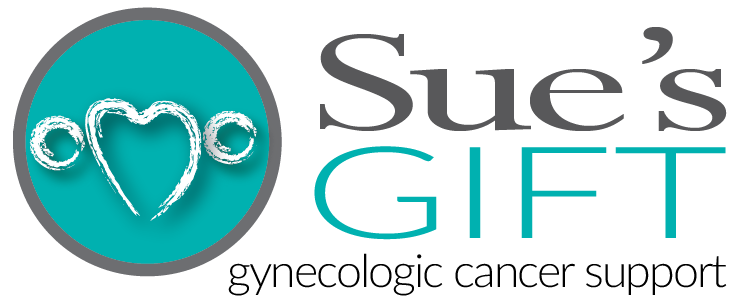The Bridge
“Sometimes we need a bridge and sometimes we are the bridge. No one I know has escaped troubled waters, rough areas and challenging, scary days.”
How many of us have needed a bridge to cross rugged terrain or deep water to get to safer ground, literally or figuratively?
Even now, thinking about crossing the Royal Gorge Bridge many years ago triggers a sick feeling in the pit of my stomach. The bridge was strong, but so was my extraordinary fear of heights. I can still see my fingernails digging into the car’s dashboard and feel my heart pounding as I realize we are only halfway across what seems like a mile-long span.
I remember our ’57 Chevy crossing the rickety wooden bridge over the Salt Fork River near my childhood home in northern Oklahoma, fearing the loose, wooden slats would give away and I would drown. Of course, the river typically wasn’t deep enough for that to be a concern, but I didn’t let that curb my fear.
Concrete and wooden bridges are necessary, and so are human bridges – people who help navigate the scary days. We may need a bridge, or we may be the bridge.
Paul Boynton continues his above quote by saying, “There are times in our lives when we could use a little help and other times when we are given the chance to be that help for someone else.” I think it’s easier to be the bridge for someone else because it feels good to provide support or encouragement.
But there are times when we all need a bridge – to hear someone say, “I’ve felt that same way,” “I was really scared when I went through that,” or “I can share what helped me when I was in that position.” The bridge is strong, it’s handled this traffic before and knows the way forward. The bridge knows there’s fear of heights, depths, waters, pain, dependency, and uncertainty. The bridge, whether tangible or human, carries us safely across troubled waters and through difficult times.
When in need of a bridge, it’s okay to say, “I’m scared,” “I don’t know how to get through this,” or “I need help.” For most of us, it doesn’t feel okay to be vulnerable or not be in control of feelings or racing thoughts. But it’s reassuring to know someone else has had similar experiences. Someone understands. It’s why grief groups, divorce groups, cancer support groups, parenting groups, and substance abuse groups are so effective and powerful. Taking the initiative to join a group or even just talk to someone who’s been in similar circumstances can make one feel exposed and vulnerable. But courage is defined as being frightened and going ahead anyway.
Join our Woman to Woman program if you need a bridge and would like to talk to someone who has had gynecologic cancer or if you can be the bridge by providing peer support for a new gynecologic cancer patient.
Paul Boynton finishes his above quote with this: “It really doesn’t matter where you are right now. What matters is that you remember we are stronger together, and taking a hand is just as important as offering one.”
Leave feedback for the author here. (Comments are not posted online.)

